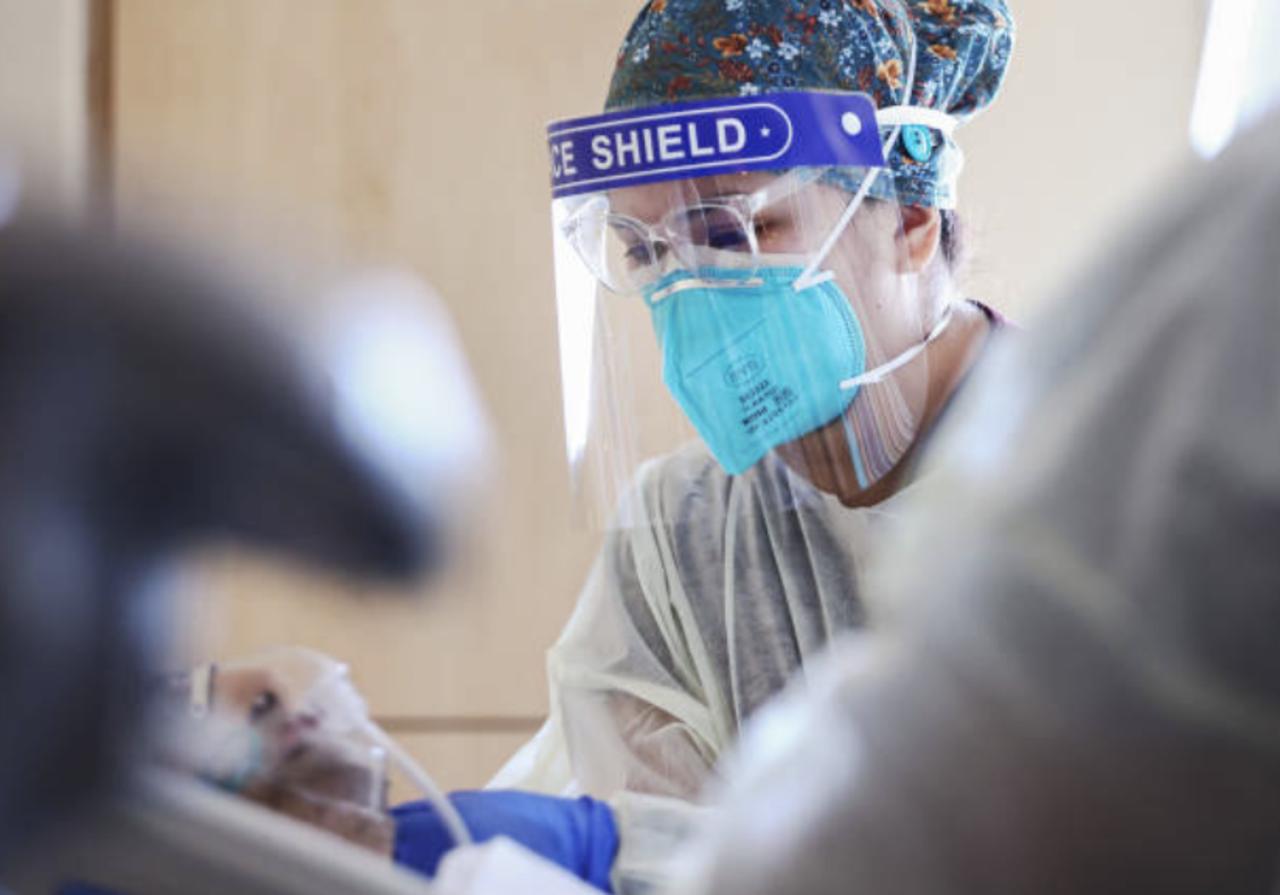COVID 'Long Hauler' Study Reveals Silent Organ Damage

COVID 'Long Hauler' Study Reveals Silent Organ Damage
COVID 'Long Hauler' Study , Reveals Silent Organ Damage.
The study was conducted by researchers with the Veterans Affairs St.
Louis Health Care System.
It was published in the , 'Journal of the American Society of Nephrology' , on Sept.
1.
The study found that significant kidney damage can be detected in those who recover from COVID-19.
Compared to those who have not gotten sick with coronavirus, the risk of developing end-stage kidney disease was twice as high.
For every 10,000 people who contracted COVID-19, an additional 7.8 people also developed a need for dialysis or kidney transplant.
This is not a small number, if you multiply by the huge number of Americans and also globally who might be ending up with end-stage kidney disease.
, Ziyad Al-Aly, Veterans Affairs St.
Louis Health Care System, via 'Bloomberg'.
This is really huge, and it will literally shape our lives for probably the next decade or more, Ziyad Al-Aly, Veterans Affairs St.
Louis Health Care System, via 'Bloomberg'.
Researchers describe the particular difficulties in both treating and diagnosing kidney disease.
What’s really problematic about kidney disease is that it’s really silent, that it doesn’t really manifest in pain or any other symptoms, Ziyad Al-Aly, Veterans Affairs St.
Louis Health Care System, via 'Bloomberg'.
Researchers discovered a 23 percent increase of acute kidney injury in those who were not hospitalized for COVID-19.
Acute kidney injury hampers the function of the organ, which plays a vital role in filtering toxins from the blood.
If this is really happening at a wider scale, it’s just a matter of time before we see all of these people hitting the clinics, needing dialysis, .., Ziyad Al-Aly, Veterans Affairs St.
Louis Health Care System, via 'Bloomberg'.
... needing transplantation that places a lot of burden on the patient himself or herself, and really is very costly to the health care system, Ziyad Al-Aly, Veterans Affairs St.
Louis Health Care System, via 'Bloomberg'
